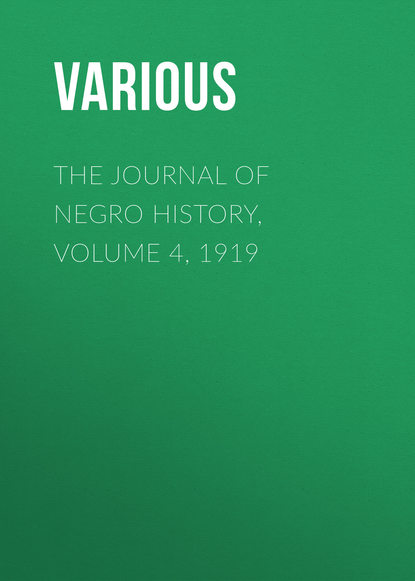По всем вопросам обращайтесь на: info@litportal.ru
(©) 2003-2024.
✖
The Journal of Negro History, Volume 4, 1919
Автор
Год написания книги
2019
Настройки чтения
Размер шрифта
Высота строк
Поля
Ibid., 1799, Ch. 9.
521
R. T. Q., Jr., State Archives, Capitol Library, Tennessee.
522
This is most natural, of course, but is inserted to emphasize the absolute quality of ownership, for the master was held responsible for the deed just as if he himself had committed it, and the slaves were morally irresponsible. But for other breaches of social good conduct the slave was the direct victim of the penalty, thus at once being slave and man, property and human being.
523
Statute Laws of Tenn., 1819, Chap. 35.
524
Acts, 2d Session Gen. Assembly (Knoxville), 1809.
525
Statute Laws, 1813, Chap. 135.
526
Ibid., 1826, Ch. 22, Sec. 1.
527
Ibid., 1801, Ch. 27, Sec. 1.
528
Acts of Gen. Assembly (Tenn.), 1822, Ch. 102.
529
Cf. 1 and 2.
530
Statute Laws, 1831, Ch. 102, Sec. 2.
531
Ibid., Sec. 2.
532
Statute Laws, 1826, Ch. 22, Sec. 6.
533
Ibid., 1741, Ch. 24, Sec. 23.
534
Proceedings of the Anti-Slavery Convention, London, 1843.
535
Acts of the Gen. Assembly, Tennessee, 1821, Chap. 26.
536
Statute Laws, Tenn., Chap. 6, Sec. 2. Laws of 1787.
537
Statute Laws, Tenn., Chap. 6, Sec. 2, Laws of 1787.
538
Ibid., 1833, Chap. 4, Sec. 1.
539
Tenn. Constitutional Convention Journal, 1834.
540
Tenn. Constitutional Convention Journal, pp. 31-40.
541
Ibid., p. 53.
542
Southern Statesman (clipping from Knoxville Register, Oct., 1831).
543
Tenn. Constitutional Convention Journal, 1834, pp. 102-104.
544
Ibid., pp. 125-126.
545











